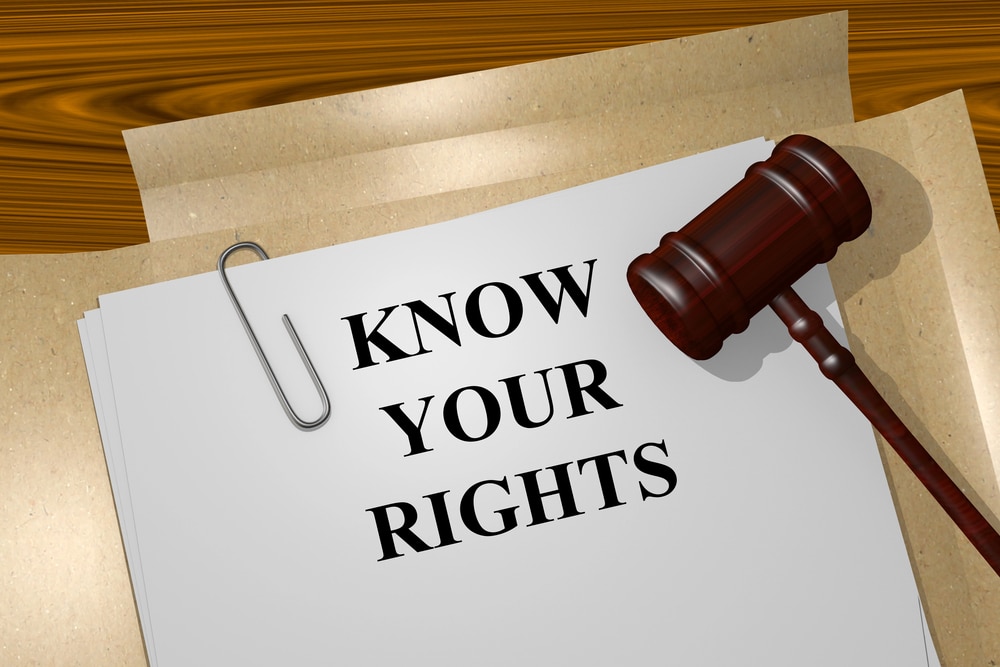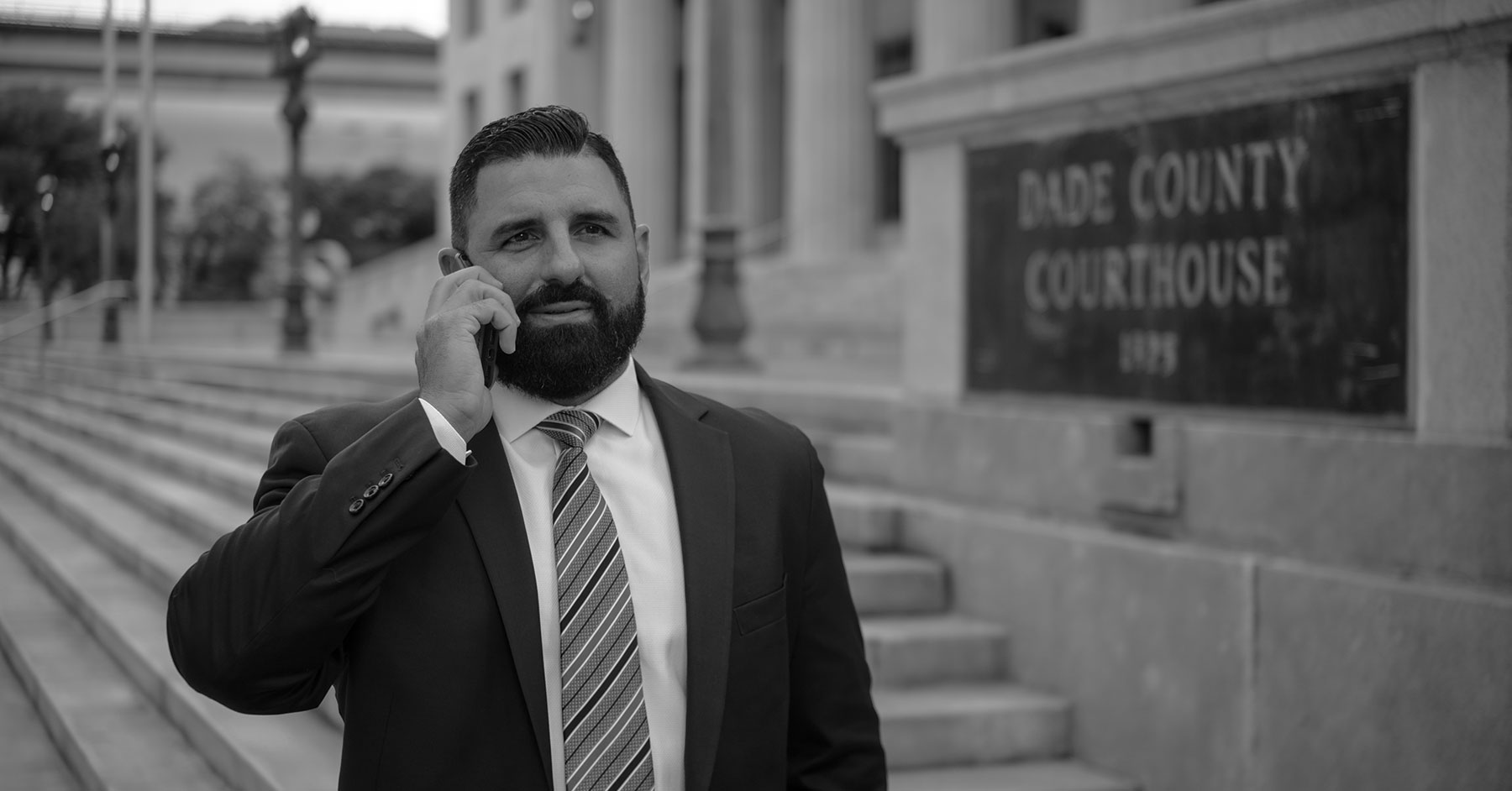Miranda Rights and Remaining Silent: What You Need to Know to Protect Yourself
Understanding your Miranda rights can make all the difference if you’re ever in police custody. These rights, famously starting with “You have the right to remain silent,” are designed to protect you during an interrogation. But did you know that simply staying silent isn’t enough to invoke this right? Courts require you to clearly and explicitly state your intention to remain silent for these protections to take effect.
It may seem counterintuitive, but speaking up is essential to exercise your right to stay silent. Once you’ve invoked your Miranda rights, anything you say afterward could still be used against you, so knowing how to navigate this process is critical. This legal safeguard ensures you’re aware of your rights, including access to legal counsel, but it’s up to you to assert them clearly and confidently. Understanding these nuances can help you protect yourself in high-stakes situations.

Key Takeaways
- Understanding your Miranda rights, including the right to remain silent, is crucial for protecting yourself during police interrogations.
- You must explicitly state your intention to invoke your right to remain silent; simply staying silent is not enough.
- Miranda rights apply only in situations involving custody and interrogation, but there are exceptions, such as public safety emergencies.
- Waiving your Miranda rights allows anything you say to be used in court, so it’s important to fully understand the consequences before doing so.
- Violations of Miranda rights can lead to evidence being deemed inadmissible in court, though they don’t always result in case dismissals.
- Knowing your rights and how to assert them clearly ensures better protection in high-stakes legal situations.
A Brief History of Miranda Rights
Miranda rights originated from the 1966 Supreme Court case Miranda v. Arizona. Ernesto Miranda was arrested for serious crimes, including robbery, kidnapping, and rape. During the police interrogation, Miranda confessed without being informed of his constitutional rights to remain silent or to consult with an attorney. These omissions led to his conviction.
The case reached the Supreme Court, which ruled that Miranda’s confession was inadmissible as evidence. The Court determined that suspects in custody must be explicitly informed of their Fifth and Sixth Amendment rights. These rights include the privilege against self-incrimination and the right to legal counsel. This decision established the requirement for law enforcement to issue what became known as the Miranda warnings.
The Miranda ruling didn’t create new rights but reinforced existing constitutional protections. The decision necessitated that anyone in custody and subject to interrogation must be informed of their rights to remain silent and to an attorney’s assistance, regardless of affordability. The police also needed to clarify that anything said during questioning could be used against the suspect in court.
Subsequent cases further refined Miranda’s application. The Supreme Court clarified that the rights don’t depend on formalized wording as long as the suspect fully understands their protections. This framework marked a significant shift in law enforcement procedures, ensuring that suspects are aware of their rights before making potentially incriminating statements.
Understanding Your Right to Remain Silent
Knowing your right to remain silent is essential when dealing with law enforcement. This right, rooted in the Fifth Amendment, protects you from self-incrimination during custodial interrogations.
What is a Custodial Interrogation?
Custodial interrogation occurs when you’re in police custody, and officers question you in a manner designed to elicit incriminating responses. Custody implies that a reasonable person would believe their freedom is restricted to the level of a formal arrest. For example, being handcuffed, placed in a patrol car, or told explicitly that you can’t leave signals custody.
Interrogation goes beyond casual conversation. It includes direct questioning or situations where officers’ words or actions are likely to provoke self-incriminating statements. Without proper Miranda warnings in these settings, any statements you make may be inadmissible in court.
Situations That Trigger Miranda Rights
Miranda rights apply only under specific conditions. Police must inform you of these rights when two factors are present: custody and interrogation. Below are examples of situations where Miranda rights are triggered:
- Formal Detentions: Being arrested or physically restrained.
- Incriminating Questioning: Directly asked about criminal involvement under circumstances where you’re not free to leave.
- Prolonged Isolation: Lengthy detentions aimed at eliciting responses without allowing breaks or outside contact.
However, some exceptions exist. Routine interactions like providing your name, traffic stops, or voluntary statements made without police prompting don’t require Miranda warnings. If you’re unsure whether your rights apply, seek legal counsel immediately.
Invoking and Waiving Miranda Rights
Understanding how to assert or relinquish your Miranda rights can significantly impact legal outcomes. Knowing these processes ensures your constitutional protections remain intact during interactions with law enforcement.
How to Invoke Your Rights
To invoke your Miranda rights, explicitly state your intention. Silence alone isn’t enough; you must clearly communicate, such as by saying, “I invoke my right to remain silent, and I want to speak with a lawyer.” Law enforcement officers are required to respect this clear invocation.
You retain the right to invoke these protections at any time during questioning. Even if you’ve initially answered questions, you can stop by affirming your intention to invoke your rights. This statement creates an obligation for officers to cease interrogation unless a lawyer is present.
Ensure your invocation is definitive and unambiguous. Statements like “Maybe I should get a lawyer” or “I think I’ll remain silent” could be interpreted as indecisiveness, potentially weakening your legal stance. A proper, direct declaration helps prevent misinterpretation.
Consequences of Waiving Your Rights
If you waive your Miranda rights, anything you say during interrogation can be used as evidence against you in court. Waivers are evaluated on whether they are “knowing, intelligent, and voluntary,” meaning you fully understand your rights and the implications of relinquishing them.
A voluntary waiver cannot result from police coercion. Courts examine factors like mental state or external influence to determine if your waiver was legitimate. Police misconduct or pressure could render a waiver invalid under the “totality of the circumstances” test.
Remember, even if you initially waive your rights, you can revoke this decision. You’re allowed to stop answering questions and request an attorney at any point. However, ensure this revocation is explicit, as law enforcement officers aren’t obligated to infer your intentions.
Exceptions to Miranda Rights
Certain situations allow statements obtained without Miranda warnings to be admissible in court. These exceptions limit Miranda protections under specific circumstances.
The Public Safety Exception
The public safety exception permits law enforcement to bypass Miranda warnings when immediate threats to public safety exist. In such cases, the priority becomes neutralizing the danger rather than informing suspects of their rights. For example, if an officer arrests a suspect believed to have hidden a firearm in a public area, questions like “Where is the gun?” might be admissible. This exception, articulated in New York v. Quarles (1984), applies narrowly and only in scenarios presenting clear and immediate risks to the public. However, once the immediate threat is mitigated and formal charges are pursued, Miranda rights must be upheld.
Undercover Interrogations
Undercover interrogations are exempt from Miranda requirements, as suspects are unlikely to feel coerced when unaware that agents are acting on behalf of law enforcement. In Illinois v. Perkins (1990), the Supreme Court ruled that statements made to undercover officers posing as fellow inmates do not violate Miranda protections. During these interactions, there’s no legal obligation for officers to inform suspects of their rights because the element of overt custodial pressure is absent. However, any explicit use of coercion or deceptive tactics rising to unfair compulsion could still be challenged in court.
Consequences of Miranda Rights Violations
Failing to administer Miranda warnings properly affects the admissibility of evidence in court. Statements made by a suspect during custodial interrogation become inadmissible if law enforcement neglects to inform them of their rights. For example, confessions or incriminating statements obtained without informing you of your right to remain silent or to an attorney cannot be used against you in a trial.
Evidence obtained as a result of illegal questioning may also be excluded through the “fruit of the poisonous tree” doctrine. If police obtain other evidence based on a coerced confession or improper questioning, that evidence may be deemed inadmissible unless an exception applies. This legal principle ensures that constitutional violations do not indirectly lead to unfair convictions.
Violations of Miranda rights do not result in automatic case dismissals. If police gather other admissible evidence that is not directly tied to a Miranda violation, prosecutors can still move forward with charges. For instance, physical evidence such as weapons or surveillance footage remains valid, provided it is lawfully obtained.
Civil liabilities may arise from rights violations. You may sue law enforcement agencies for damages under constitutional law if misconduct or intentional violations occur. However, success depends on proving harm caused by the violation rather than the violation itself.
In specific circumstances like the public safety exception, statements obtained without Miranda warnings may still hold up in court. This exception applies when immediate threats to public safety justify the limited bypassing of warnings, underscoring the principle that not all Miranda violations invalidate evidence.
While Miranda rights safeguard important constitutional protections, enforcement depends on the context of each case, making legal counsel critical. Understanding these consequences highlights the importance of asserting and knowing your rights during any custodial situation.
Conclusion
Understanding and asserting your Miranda rights is essential for protecting yourself during interactions with law enforcement. Knowing when and how to invoke these rights ensures you’re not unintentionally jeopardizing your legal standing. While the legal system can be complex, being informed empowers you to make decisions that safeguard your rights.
If you ever find yourself in a custodial situation, don’t hesitate to seek legal counsel. A clear understanding of your rights, paired with professional guidance, can make all the difference in navigating these critical moments effectively.

